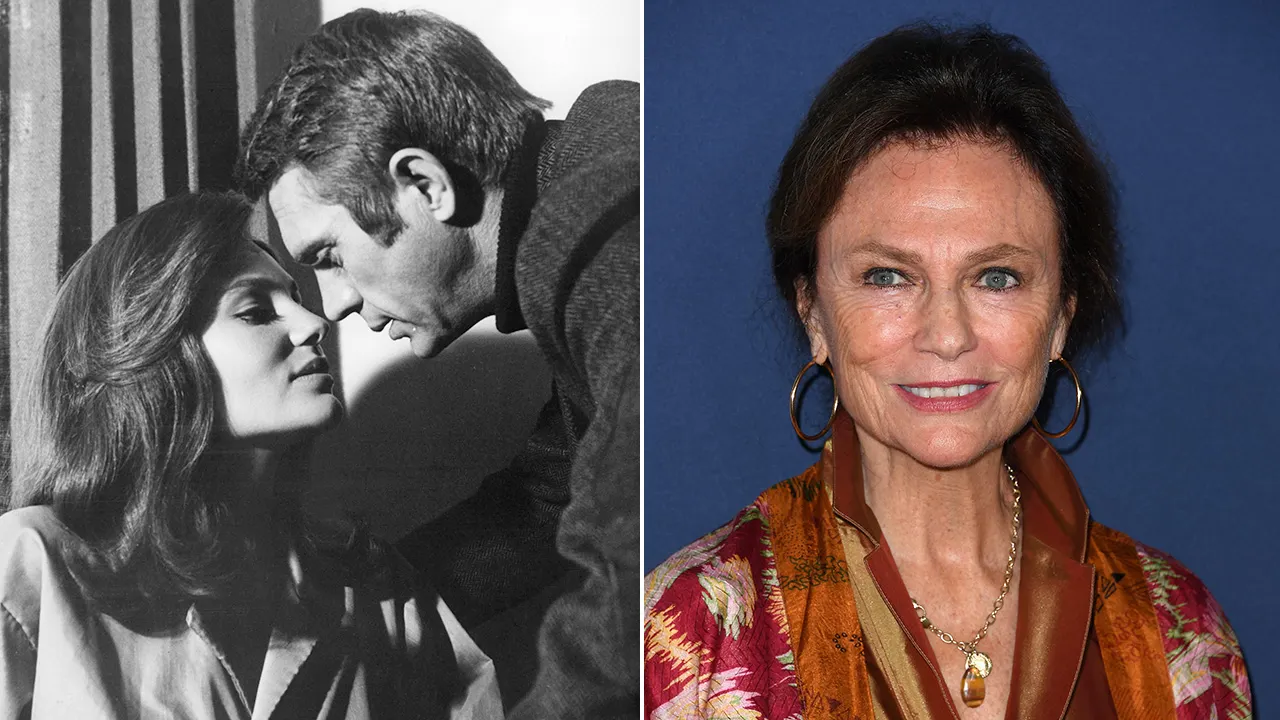Jacqueline Bisset’s Controversial Take on #MeToo: A Call for Accountability?
In a world increasingly shaped by the #MeToo movement, which has empowered countless individuals to speak out against sexual harassment and assault, actress Jacqueline Bisset has recently stirred debate with her thought-provoking comments. In a candid interview, Bisset emphasized the importance of accountability, not just for those accused of misconduct, but also for women in the industry. Her remarks challenge the prevailing narrative surrounding the movement and invite a broader discussion on societal standards and mutual respect.
A New Perspective on an Ongoing Conversation
While the #MeToo movement has undeniably changed the landscape of how we discuss and address sexual misconduct, Bisset’s perspective adds a layer of complexity that many may overlook. She suggested that while it is crucial to hold predators accountable, women also have a responsibility to maintain certain standards of behavior. This comment, though controversial, opens the door to a nuanced conversation about the dynamics of power, consent, and professional conduct.
“I think we have to be careful about how we present ourselves,” Bisset noted in her interview. “It’s important to be aware of the image we project and the messages we send.” This assertion invites scrutiny: is there a line between empowerment and personal accountability? Should women in the entertainment industry, or any industry, be expected to adhere to a code of conduct? Bisset’s remarks have sparked a necessary dialogue about the reciprocal nature of respect in professional environments.
Understanding Accountability in the #MeToo Era
Accountability is a cornerstone of the #MeToo movement. It calls for perpetrators of harassment and abuse to face consequences for their actions, a vital step in creating safer environments for all. However, Bisset’s comments prompt us to consider what accountability looks like for everyone involved in these situations. Here are some critical aspects to consider:
- Personal Responsibility: Bisset’s call for women to uphold certain standards highlights the importance of personal responsibility. Being aware of how one’s actions and choices can impact others is vital in any professional setting.
- Mutual Respect: The essence of any workplace should be built on mutual respect, where both men and women are held to similar standards. The idea is not to blame victims but to encourage a culture where everyone is accountable for their behavior.
- Empowerment vs. Objectification: Women should feel empowered to express themselves and their sexuality; however, this must be balanced with self-respect and professional decorum. Bisset’s comments suggest a re-evaluation of how women navigate their roles in a male-dominated industry.
Reactions from the Industry
The reaction to Bisset’s comments has been mixed. Some advocates for the #MeToo movement argue that her remarks detract from the core issues of harassment and assault, potentially shifting blame onto victims. Others contend that her perspective is a necessary reminder that empowerment also comes with responsibility.
Supporters of Bisset’s stance assert that her comments reflect a reality many women face in the entertainment industry. They argue that the pressure to conform to certain behaviors can sometimes lead to compromising situations, and a broader discussion about boundaries is essential.
The Complexity of Consent
At the heart of the debate is the issue of consent and the complexities surrounding it. Consent is not merely about saying “yes” or “no”; it encompasses an understanding of the power dynamics at play in various situations. Bisset’s comments encourage a deeper examination of how women navigate these dynamics, especially in environments where they may feel vulnerable.
Furthermore, Bisset’s viewpoint raises questions about how women can advocate for themselves while also ensuring they’re not inadvertently encouraging problematic behavior. This balance is delicate and often fraught with societal pressures and expectations.
Moving Forward: A Balanced Approach
As we navigate the aftermath of the #MeToo movement, it’s crucial to foster an environment where all voices are heard and respected. Bisset’s take on accountability invites us to reflect on our actions and their consequences, pushing for a culture that promotes both empowerment and responsibility.
Key points for moving forward include:
- Education and Awareness: Providing education on appropriate workplace behavior and the nuances of consent can empower both men and women to engage in healthier interactions.
- Open Dialogue: Encouraging open conversations about expectations, boundaries, and respect can create a more inclusive environment where everyone feels safe and valued.
- Support Systems: Establishing robust support systems for individuals who experience harassment will help them feel secure in speaking out and seeking justice.
Conclusion
Jacqueline Bisset’s controversial take on the #MeToo movement serves as a powerful reminder that while it’s essential to hold perpetrators accountable, the conversation doesn’t end there. By promoting mutual accountability and responsibility, we can foster a culture of respect and understanding. As society continues to grapple with these complex issues, it is vital to embrace diverse perspectives, allowing for discussions that challenge our assumptions and lead to more meaningful change.
In the end, the goal should be to create environments where everyone—regardless of gender—can thrive without fear of harassment or discrimination. Bisset’s insights may be contentious, but they undoubtedly contribute to a larger dialogue necessary for progress in the ongoing fight for equality and respect in all spheres of life.
See more CNET Live

